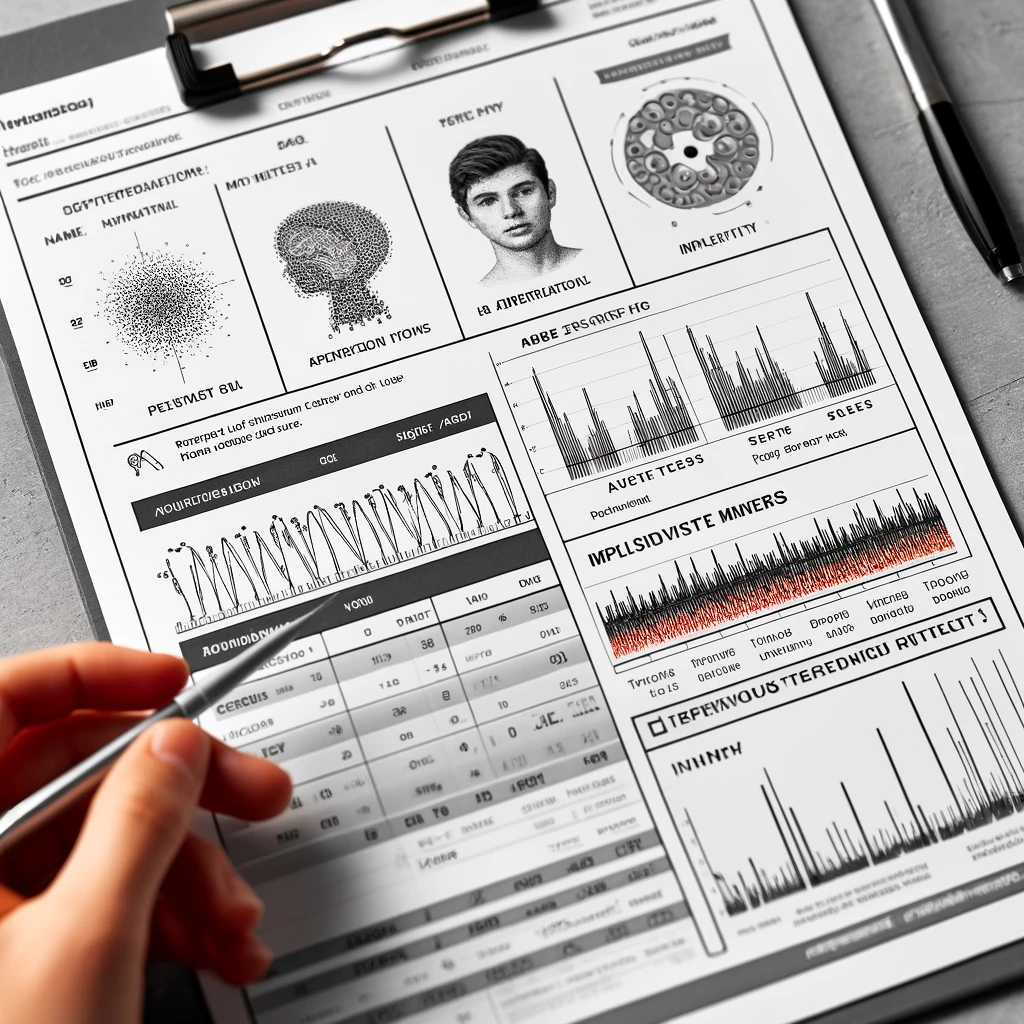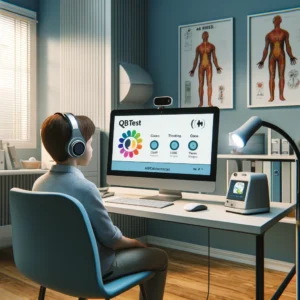
QB tests to Diagnose ADHD: Can You Diagnose ADHD with a Computer Game Test?

As technology continues to evolve, so too does our approach to health diagnostics. It's important for communities to discuss these developments, especially how they impact the understanding and management of conditions like ADHD in various age groups and manifestations.
As we navigate the complexities of ADHD diagnosis, digital tools like the QbTest are becoming increasingly prominent in clinics around the world. This FDA-cleared diagnostic aid offers a unique approach, merging technology with traditional assessment methods to enhance the understanding and treatment of ADHD.
What is the QbTest?
The QbTest, developed by Qbtech, is an objective tool that measures core ADHD symptoms—such as activity, attention, and impulsivity—through computer-based tasks. During the test, which lasts about 15-20 minutes, an individual's movements and responses are recorded and analyzed.
How Does the QbTest Work to diagnosis ADHD?
- Objective Measurement: The test quantifies attention, impulsivity, and activity levels.
- Testing Process: Participants engage in specific tasks on a computer while being monitored.
- Comparison Metrics: Results are compared against norms from individuals of the same age and gender without ADHD.
- Visual Reports: A detailed report is generated, illustrating how the individual’s responses deviate from or align with typical patterns.
- Clinical Interpretation: Healthcare professionals review the data to help determine the presence of ADHD.
Widespread Adoption and Considerations
Clinics globally are beginning to integrate the QbTest as part of their diagnostic processes for ADHD. However, it's crucial to acknowledge that while the QbTest provides valuable insights, it is not without its flaws and should not be used exclusively.
- Complementary Tool: It should complement, not replace, comprehensive clinical evaluations. The test is just one piece of the diagnostic puzzle.
- Cost and Accessibility: Not all patients may have easy access to this technology, and costs can vary.
- Expert Interpretation Needed: The accuracy of the interpretation is highly dependent on the skill of the healthcare provider.
- Risk of Errors: As with any diagnostic method, there is potential for false positives or negatives.
- Engagement Requirement: The test’s effectiveness hinges on the participant's active engagement during the process.
Personal Insights
Both my husband and one of our children were diagnosed with ADHD with the aid of the QbTest. My husband, in his 40s, and my child, who exhibits the more subtle and often overlooked inattentive form of ADHD, found the objective measurement provided by the QbTest instrumental in their accurate diagnosis. This has been a crucial step in understanding and managing their conditions effectively.
Final Thoughts
The QbTest represents a significant advancement in ADHD diagnostic practices, offering objective data that can aid in the assessment process. However, it is vital for healthcare providers and families to consider this tool as part of a broader diagnostic strategy.
For those interested in the QbTest and its application in ADHD diagnosis, read this article Contemporary Pediatrics. Or check out the QB website.






